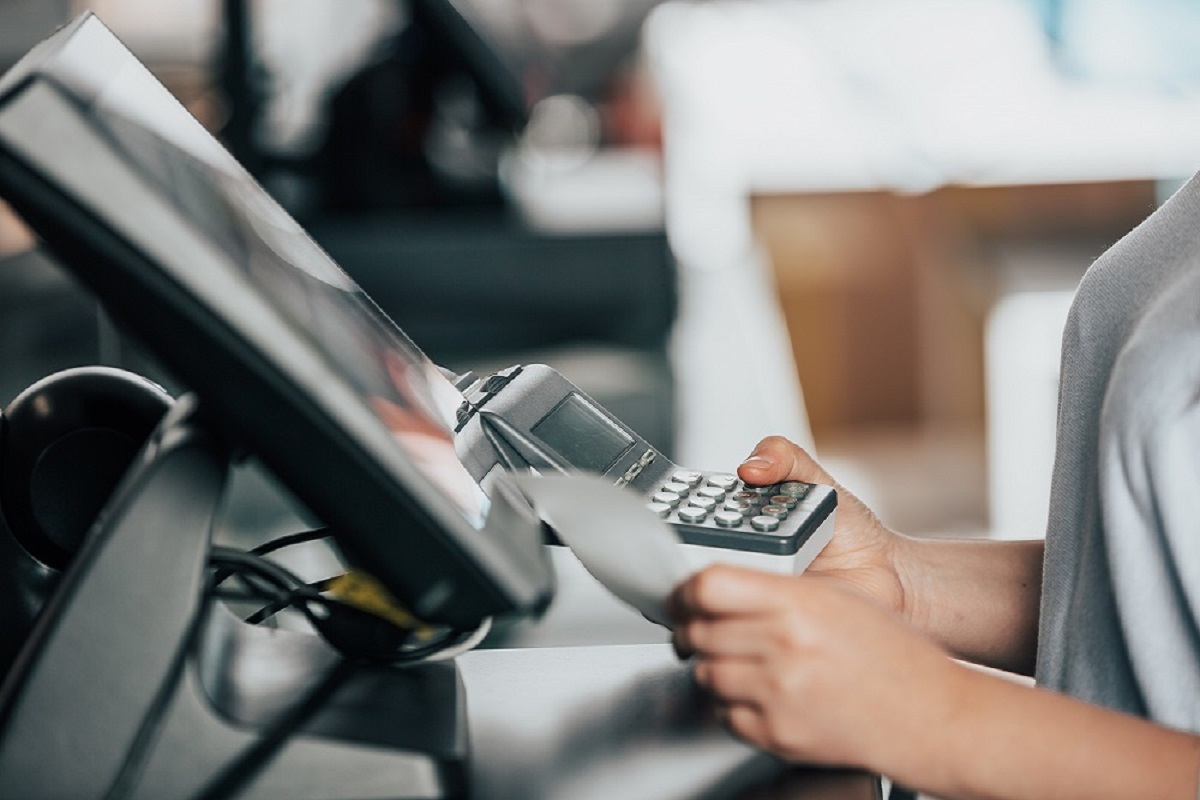
You’ve tried to start your own catering business and you’ve failed, or you’re still trying to make it work. You’re fed up with the waiting, the phone calls that don’t go anywhere and spending money on expensive ad campaigns that yield no return on investment. It looks like you’ll never be able to start your own catering business… but what if I told you that was all about to change
When you think about opening a catering business, there are five factors that will help you decide if catering is right for you. Of course, these are not your only options, but they’re some of the most important ones:
Before you even consider becoming a caterer, you’ll need to make sure you have all of your licenses and permits in order. In most states, there are two main licenses—the commercial food license and the business license. For more specific requirements and information on how to get your licenses, talk with your local health department or visit their website. You’ll also need other essential business documents like federal tax ID numbers or fictitious business names. After you’ve gathered all of these items, then it’s time to start making money!
If you’re planning on hiring your first staff member, here are some tips for doing so. Hiring help for your catering business is difficult and should not be done quickly. Before you begin interviewing candidates, it’s important that you carefully consider what positions will be needed from day one and how those people will fit into your new company culture.
You may need an office manager/accountant, driver, marketing assistant, or even an event planner who has been trained by you. It all depends on what kind of catering business you want to create. Once you’ve decided on each role and who is best suited for it (this might mean asking around to see if anyone knows someone they can refer), start looking through resumes and make calls to schedule interviews.
When you’re starting out, it can be tempting to think that your business exists entirely on its own and should grow based solely on word of mouth and your own good reputation. While it’s true that these things are incredibly important, you still need an actual plan for growing your client base. Without marketing strategies—and especially without smart marketing strategies—you can’t sustain growth over time or count on repeat customers who will refer you to their friends. You need a comprehensive plan for how clients find you.
Start by finding a catering POS software that allows you to schedule staff, record payments, manage social media, and analyze profits. You can find some amazing options for around $30 per month. The benefit of using an online system is that it’s easier than ever for clients and customers to book appointments or reserve space with you.
If you aren’t yet ready for your own software, services like Square Appointments are free for up to 12 customers, so it’s easy to get started on a small scale before making any major financial commitments. Remember: It’s also important to plan menus and order supplies ahead of time. Don’t take anything or anyone at face value—it pays off in catering as much as anywhere else.
A good rule of thumb is that around 25 percent of all food sales should go toward your total cost of goods sold. This percentage will vary depending on whether you use higher-end or lower-end ingredients. For example, with high-end organic ingredients, you could charge more and still maintain your margins.
While it’s easy to talk about big visions, we’re all busy people. The fastest way to get started on something is always just do it. That said, planning and preparation can help accelerate success; so spend your time thinking through an idea, researching potential problems, and making sure you know exactly what questions you have (and where those answers are). This will make execution much smoother, faster, and less stressful. While starting a business will take more than day (it’ll take months or years), tomorrow is as good as any for getting started. Good luck!